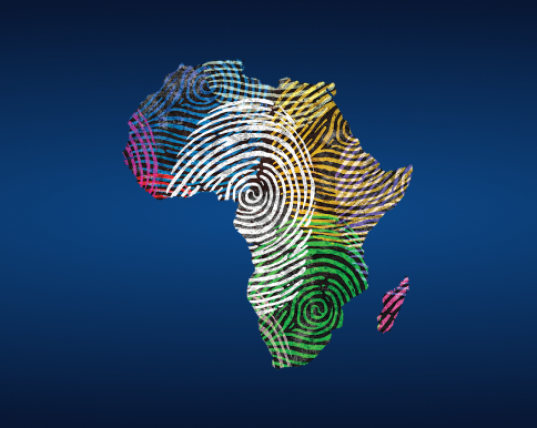
🇷🇼 Rwanda
How FutureProof is the healthcare system in Rwanda?
How this score impacts life in Rwanda
Vital Signs and Measures
All measures, including the measures within the Vital Signs, are equally weighted.
Despite modest support from macroeconomic policy, Rwanda’s health system is comparatively well financed: there is comprehensive health insurance coverage, and low out of pocket expenditure. Additionally, government funds which are spent on health benefit from low corruption levels. Health service delivery for mother and child could improve, with very low levels of antenatal care and family planning information dissemination reported. This is compounded by low accessibility to clean drinking water, electricity and a gender literacy gap which has had a bearing on the infant and neonatal mortality and child nutrition indicators. Looking at the application of novel health technology, Rwanda leads the continent in testing cases of tuberculosis for multiple drug resistance. With regards to digital health, Rwanda most resembles Algeria: while both countries have a good capacity for ehealth, there is a comparatively low uptake of electronic health records which, if addressed, could further improve quality of care. Increased staffing would improve access to treatment – compared to neighbouring countries, there is a comparatively good number of nursing and midwifery personnel already, although there is still a distance between the numbers noted in the Middle East.









